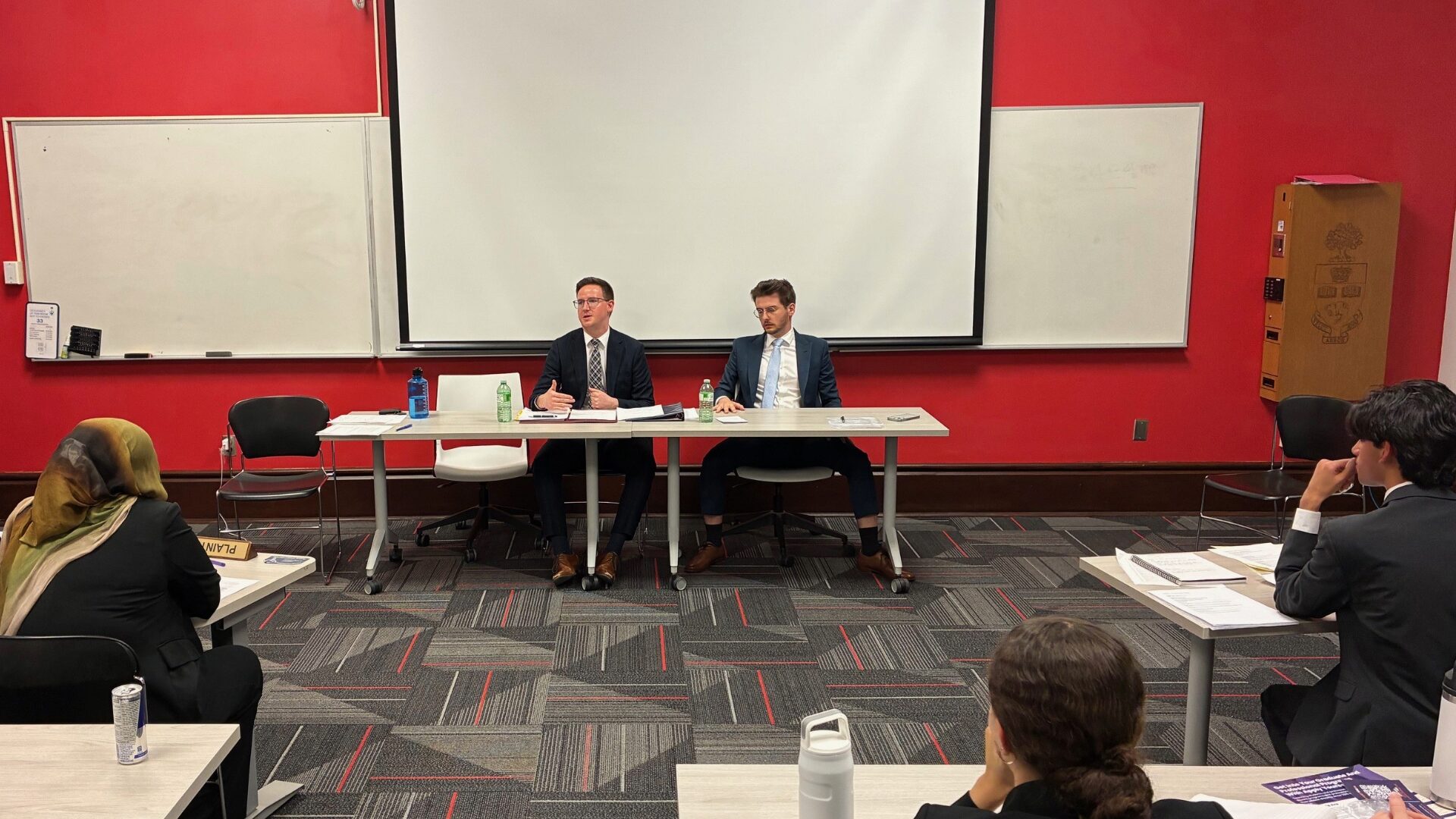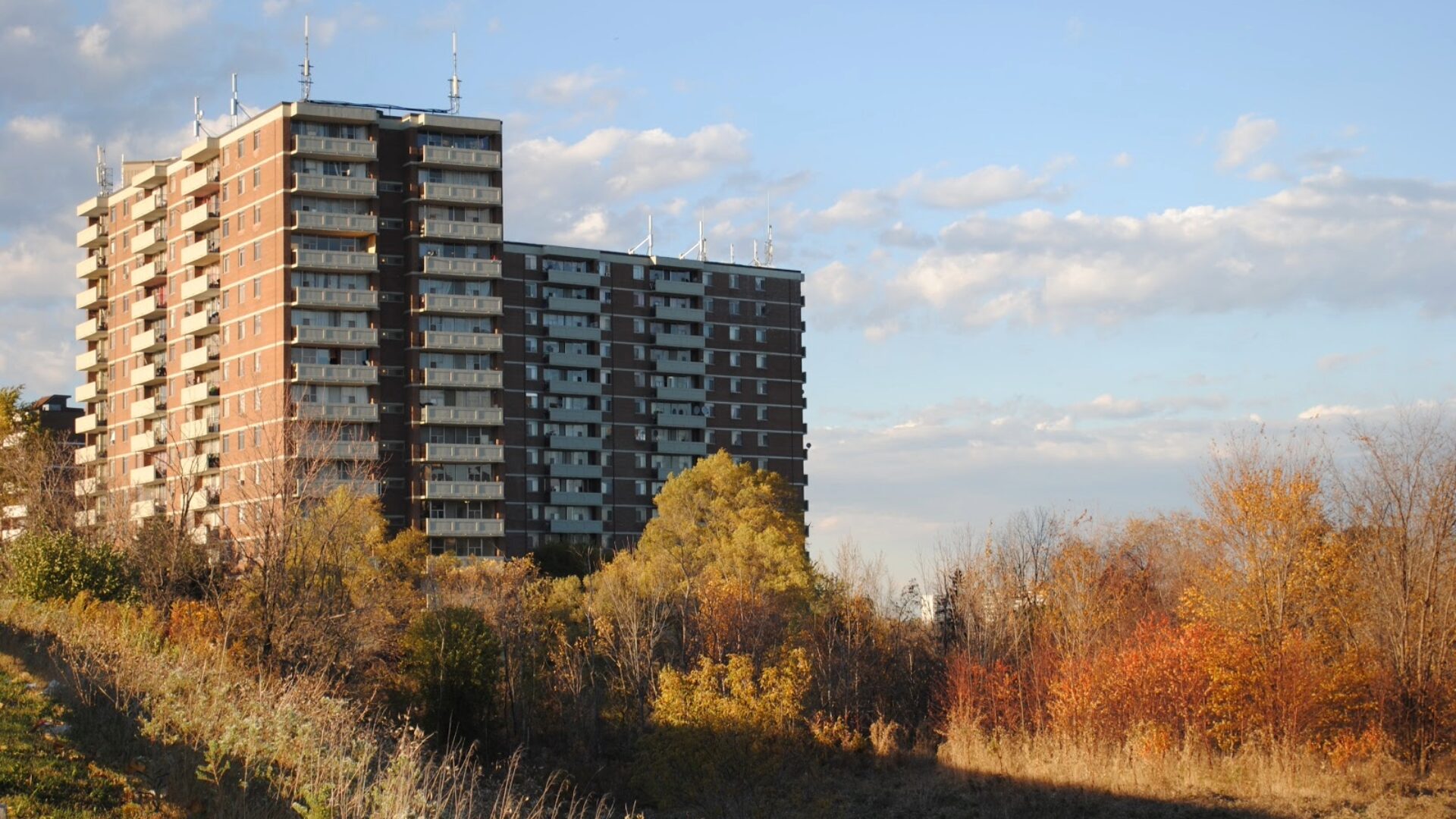
Shaw Estate v. Handler – Court of Appeal Dismisses ER Doctor’s Appeal of Judgment Against Him Relating to Death of 34-Year Old Mother of 4
I was retained by Merton Thompson (“Merton”) in 2016. His young wife Elisha Shaw (“Elisha”), mother to his 4 children, had died after being discharged




